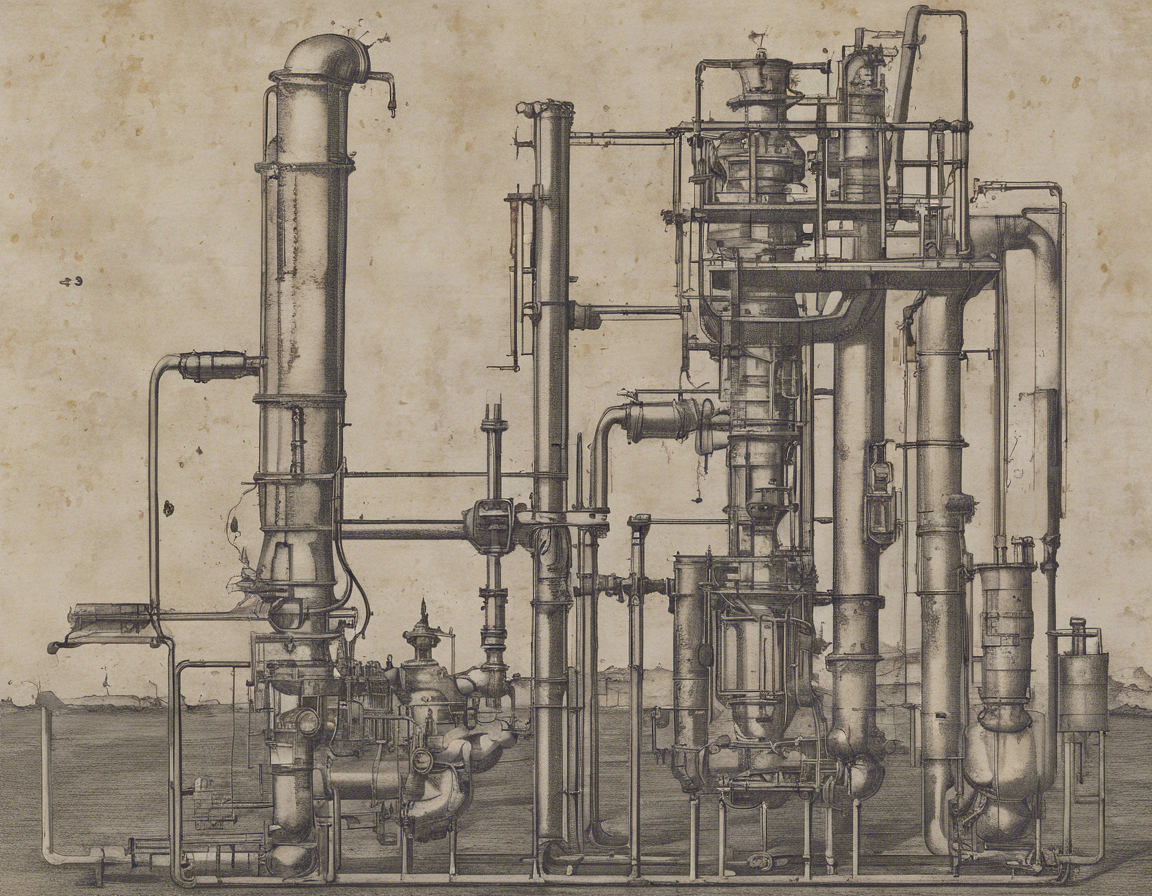Oxidation is a fundamental and ubiquitous process in chemistry that plays a crucial role in various natural and industrial processes. Understanding the concept of oxidation is essential for students, researchers, and anyone interested in chemistry. In this comprehensive guide, we will delve deep into the key concepts of oxidation, including its definition, types, examples, and applications in different fields.
What is Oxidation?
At its core, oxidation refers to the loss of electrons by a molecule, atom, or ion. This process leads to an increase in the oxidation state of the species undergoing oxidation. Oxidation reactions are often accompanied by reduction reactions, collectively known as redox reactions.
Oxidation States
Oxidation states are formal constructs used to track the movement of electrons in chemical reactions. Each atom in a molecule is assigned an oxidation state based on the distribution of electrons. The oxidation state of an atom can be positive, negative, or zero, depending on its electronegativity and the nature of the chemical bonds it forms.
Types of Oxidation
-
Complete Oxidation: In complete oxidation, a substance reacts with oxygen to produce oxides. For example, the combustion of hydrocarbons to produce carbon dioxide and water is a classic example of complete oxidation.
-
Incomplete Oxidation: In incomplete oxidation, the oxidation process does not proceed to the final stage, leading to the formation of partially oxidized products. One common example is the production of carbon monoxide instead of carbon dioxide in a limited supply of oxygen during combustion.
-
Oxidation-Reduction (Redox) Reactions: Redox reactions involve the transfer of electrons from a reducing agent to an oxidizing agent. The reducing agent gets oxidized, while the oxidizing agent gets reduced in the process.
Examples of Oxidation
-
Rusting of Iron: When iron comes in contact with oxygen and moisture, it undergoes oxidation to form iron oxide, commonly known as rust.
-
Photosynthesis: During photosynthesis, plants oxidize water to produce oxygen gas, while reducing carbon dioxide to carbohydrates.
-
Corrosion of Metals: Metals like copper and aluminum undergo oxidation when exposed to air and moisture, leading to the formation of metal oxides on their surfaces.
Oxidation in Biological Systems
In living organisms, oxidation-reduction reactions play a vital role in energy production, metabolism, and cellular respiration. The electron transport chain in mitochondria involves a series of redox reactions that generate adenosine triphosphate (ATP), the primary energy currency of cells.
Applications of Oxidation in Industry
-
Chemical Synthesis: Oxidation reactions are extensively used in the synthesis of various organic compounds, pharmaceuticals, and agrochemicals.
-
Wastewater Treatment: Oxidation processes like ozonation and chlorination are employed in wastewater treatment plants to remove pollutants and disinfect water.
-
Food Industry: Oxidation reactions are harnessed in processes like food preservation, fermentation, and flavor development in the food industry.
Frequently Asked Questions (FAQs) on Oxidation:
- What is the difference between oxidation and reduction?
-
Oxidation involves the loss of electrons, while reduction involves the gain of electrons.
-
How is oxidation state determined in a molecule?
-
The oxidation state of an atom is determined based on the number of electrons it has gained or lost compared to its neutral state.
-
Can all substances undergo oxidation?
-
Most substances can undergo oxidation under suitable conditions, but the extent and products of oxidation may vary.
-
What role does oxidation play in corrosion?
-
Oxidation of metals leads to the formation of metal oxides, weakening the material and causing corrosion.
-
How is oxidation used in battery technology?
-
Batteries utilize redox reactions between electrodes to generate electrical energy through oxidation-reduction processes.
-
Is oxidation always a spontaneous process?
- While many oxidation reactions occur spontaneously, some may require external energy input to proceed.
In conclusion, understanding oxidation is essential for comprehending a wide range of chemical reactions and processes occurring in nature and industry. By grasping the key concepts of oxidation, its types, examples, and applications, one can appreciate its significance in shaping the world around us. Whether in biological systems, industrial applications, or everyday phenomena, the concept of oxidation remains a cornerstone of chemistry and scientific inquiry.
